Leopards in the Changing Landscapes
This book on Leopards in the changing landscapes is based on the field experiences of the author with an animal of supreme grace, agility and adaptive capability in the adverse environment in the jungles of India. The author has tried to draw a global and national scenario of the leopard, and its prospect of conservation in the new millennium. Today, about two third the Asian leopards survive in the Indian forests. This book covers scientific and biological information on the leopard present status, physical attributes social behavior, habits and habitats, breeding ecology, hunting behavior its attack on human beings and feeding pattern its different races and subspecies.
The book contains an account of over two decades observations on the large cats in the protected areas and other areas of the forests. It is an extract of interesting pattern of behviour and habit of the animals which was observed while dealing with over two hundred cases of leopard’s attack on human beings, including about two dozen incidences of human killings in the central region of Gujarat. The dramatic events, interesting incidences and cultural linkages of the indigenous people with wildlife as observed and felt over a period, have been narrated in the book. The text of book provides an opportunity to learn the habit of the animals and circumstances which compelled them to turn man eaters.
The book-leopards in the changing landscapes is a collection of true stories of what transpired when a versatile large cat descended from hills in villages to reclaim its previous domain. As thought provoking as it is harrowing the book is a tale of corrupted nature the clash between growing civilization and shrinking wilderness a riveting story of human interaction with magnificent cats.
Contents: Foreword. 1. Introduction. 2. The leopards domain. 3. Leopard’s life. 4. Predation. 5. Poaching. 6. Leopard straying in cities in India. 7. The man eaters. 8. A leopard and the motherly cow. 9. Managing man leopard conflict. 10. Index.
Get it now and save 10%
BECOME A MEMBER

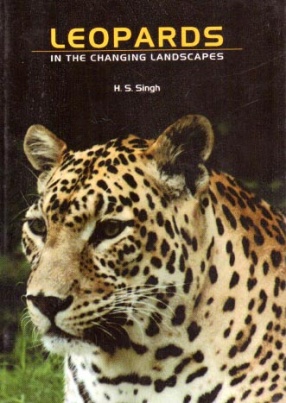

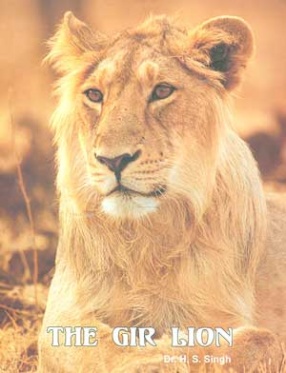
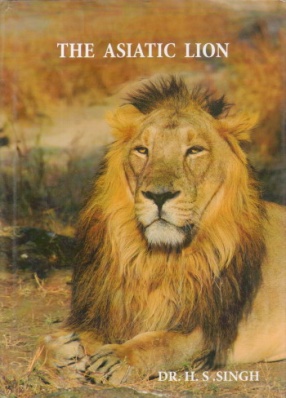
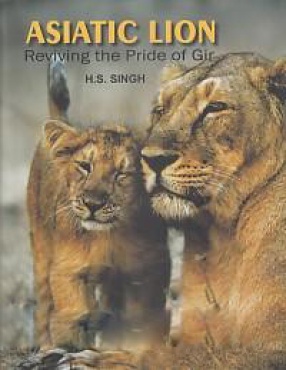
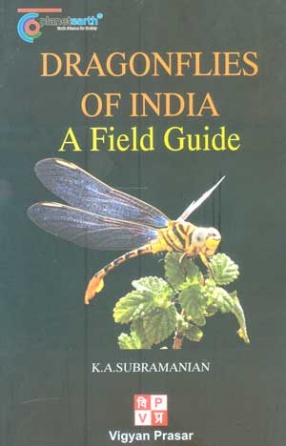
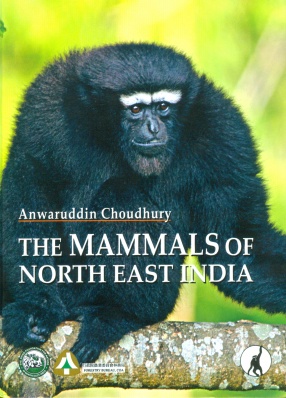
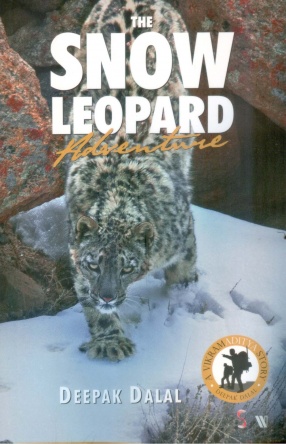
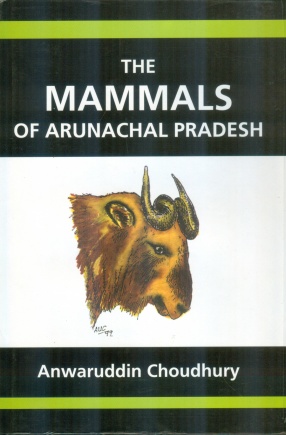

Bibliographic information